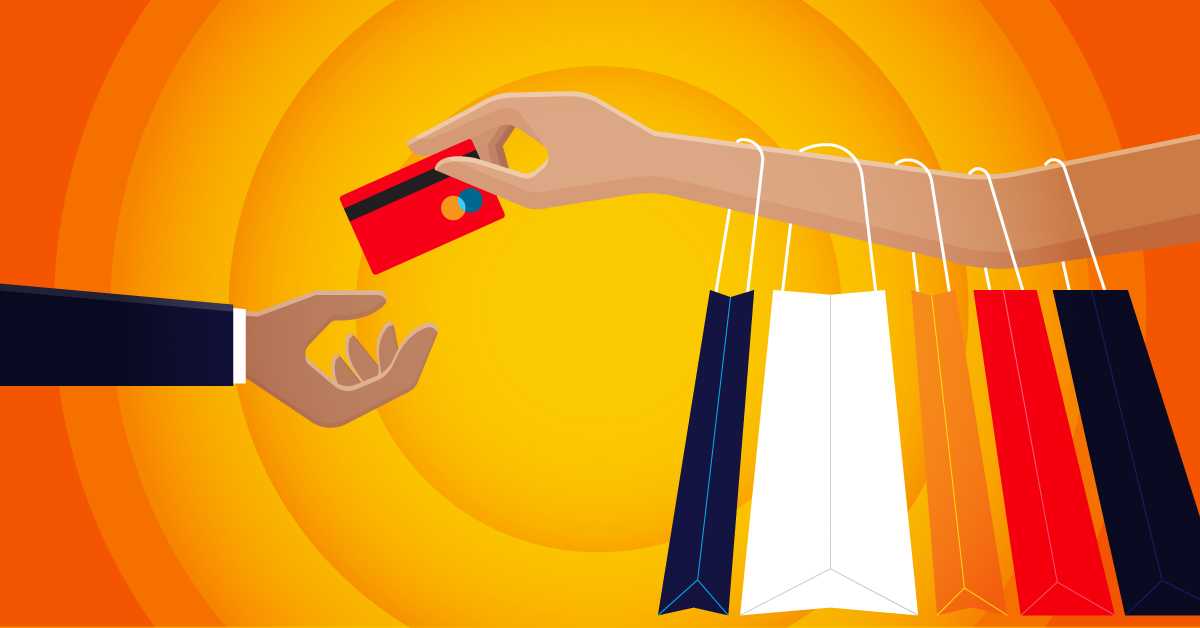Features
The Psychology Of Consumer Behavior Online

Consumer behavior has always been a subject of interest for marketers and businesses. Understanding how consumers think, feel, and behave is crucial for creating effective marketing strategies. With the rise of the internet and e-commerce, consumer behavior has taken on new dimensions. This article explores the psychology of consumer behavior online, uncovering the factors that influence purchase decisions in the digital realm.
The Power of Perception
Perception plays a vital role in consumer behavior online. The way consumers perceive a brand, website, or product heavily influences their decision-making. Online businesses must invest in user experience (UX) design to shape positive perceptions. The aesthetics, functionality, and ease of use of a website can significantly impact consumer trust and satisfaction. By understanding the psychology behind visual appeal, usability, and navigation, businesses can better engage and retain customers.
The Influence of Social Proof
Social proof has always had a significant impact on consumer behavior, and this remains true in the online world. With the advent of social media and online reviews, consumers today have more access to feedback and opinions from others. Positive reviews and testimonials can influence potential customers to choose one brand over another. Additionally, the number of likes, followers, and shares a brand has on social media can also act as social proof, indicating the popularity and trustworthiness of a business.
The Role of Personalization
Personalization is a powerful psychological tool that can greatly influence consumer behavior online. Tailoring products, services, and marketing messages to individual consumers increases their engagement, satisfaction, and likelihood of making a purchase. With the help of advanced data analytics and AI technology, businesses can collect and analyze consumer data to gain insights into their preferences, behavior, and needs. Utilizing this information, businesses can create personalized experiences that resonate with consumers on a deeper level.
The Psychology of Scarcity
The concept of scarcity has long been used to drive consumer behavior, and it is no different online. Limited time offers, exclusive deals, and limited edition products can create a sense of urgency and scarcity, triggering consumers to take action. Online businesses can leverage this psychological principle by using countdown timers, limited stock notifications, or flash sales to prompt quicker purchase decisions. However, it is crucial to strike a balance and ensure authenticity, as consumers can quickly become skeptical if scarcity is perceived as manipulative.
The Influence of Social Influence
Social influence, both online and offline, shapes consumer behavior. Online, this concept manifests in various forms, such as influencers, social media trends, and viral content. Consumers tend to trust and follow the recommendations of individuals they perceive as experts or authoritative figures. Collaborating with influencers, leveraging user-generated content, and encouraging social sharing can increase brand visibility and credibility, leading to a positive impact on consumer behavior.
The Power of Emotions
Emotions play a significant role in consumer decision-making, even in the digital realm. Online businesses can tap into the psychology of emotions by creating engaging and emotionally resonant content. Storytelling, compelling visuals, and evocative language all contribute to the emotional connection between a brand and its consumers. Positive emotions, such as joy, excitement, and empathy, can lead to increased brand loyalty and advocacy.
Conclusion
As consumer behavior continues to evolve in the digital era, understanding the psychology behind online purchasing decisions is crucial for businesses to thrive. By leveraging perception, social proof, personalization, scarcity, social influence, and emotions, online businesses can shape consumer behavior and create meaningful connections with their target audience. Embracing these psychological principles can lead to increased customer engagement, loyalty, and ultimately, business success in the online marketplace.










